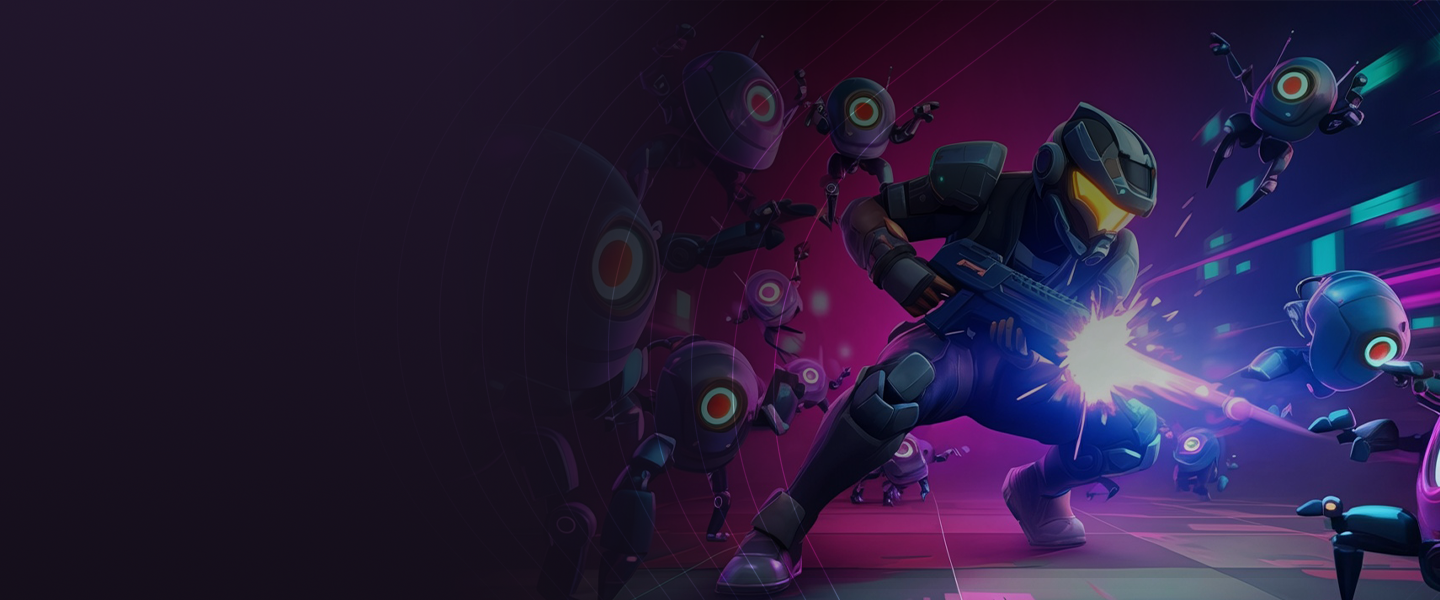Earlier this year, Sony’s requirement for all Helldivers 2’s PC players to link their Steam accounts with the PlayStation Network (PSN) immediately met with backlash for preventing many from playing the game, as it forced PC players to sign up to PSN.
A similar situation arose when PlayStation 4 purchases for Fortnite: Battle Royale could not be carried over to Nintendo Switch, making players frustrated about their inability to play against Switch users and synchronize their progress between the two consoles.
Cross-play is important for gamers to connect with their friends or continue their progress on another platform. And addressing this the right way is integral for a harmonious gameplay experience.
These two examples show the cross-platform issue within gaming. With one platform trying to hold everything, the experience isn’t suitable for everyone. Some gamers prefer keyboard and mouse, whereas others prefer couch and controller.
Cross-play? What is it?
Cross-platform play, also called cross-compatible play or cross-play, refers to the ability of players with disparate video game hardware to engage in simultaneous gameplay.
It is not only about playing together but also about progressing together. Players can, in many games, progress across different platforms and save their in-game achievements thanks to cross-platform progression.
What benefits does cross-play bring?
- Expand audience reach: Publishers can reach a wider range of players by utilizing various platforms, increasing sales and in-game revenue.
- A unified gaming experience: Players can have more flexibility in choosing how, when and where to play while still enjoying the same game and progress.
- More freedom of choice for gamers: Cross-play offers more freedom in players' choice of gaming device, enabling device interoperability, cross-platform in-game purchases, and more.
- Longer game lifespan: Encouraging players on many platforms to compete with one another can establish strong competitive environments for the game.
- Optimize development and maintenance costs: Developing and updating a single codebase for a cross-platform game saves significant costs compared to building separate versions, eliminating the need for separate servers and matchmaking systems.
Why hasn’t cross-play been industry standard yet?
- Unbalanced playing field: PC players usually have a considerable advantage over console players, especially in first-person shooter games, causing cross-platform gamers to be out of balance.
- Limited feature integration: It is not always possible to fully incorporate certain platform-specific functionality into a cross-platform game, leading to difficult decision between forgoing these capabilities and offering a less streamlined experience.
- Secured fair play: It is also a big challenge for developers to ensure robust security measures to safeguard player information, prevent and detect cheating across devices. This necessitates ongoing monitoring and upgrades to keep all security flaws under control.
Should cross-play be applied widely in the gaming industry?
From the gamer’s perspective, yes! Whether they’re on console, PC or mobile, having an environment where they can enjoy an uninterrupted, fair-playing experience with friends, or at least transfer their saved files between platforms, should be standard. Some developers, like those Larian Studios and Hello Games, are taking small steps toward cross-play and cross-saves.
Looking for a reliable partner to handle security concerns? With Denuvo Anti-Cheat, we can help you ensure a fair and competitive environment for your cross-platform games. Reach out to us and start the conversation today!










/Images/Module%20-%20footer/spiral.svg)
